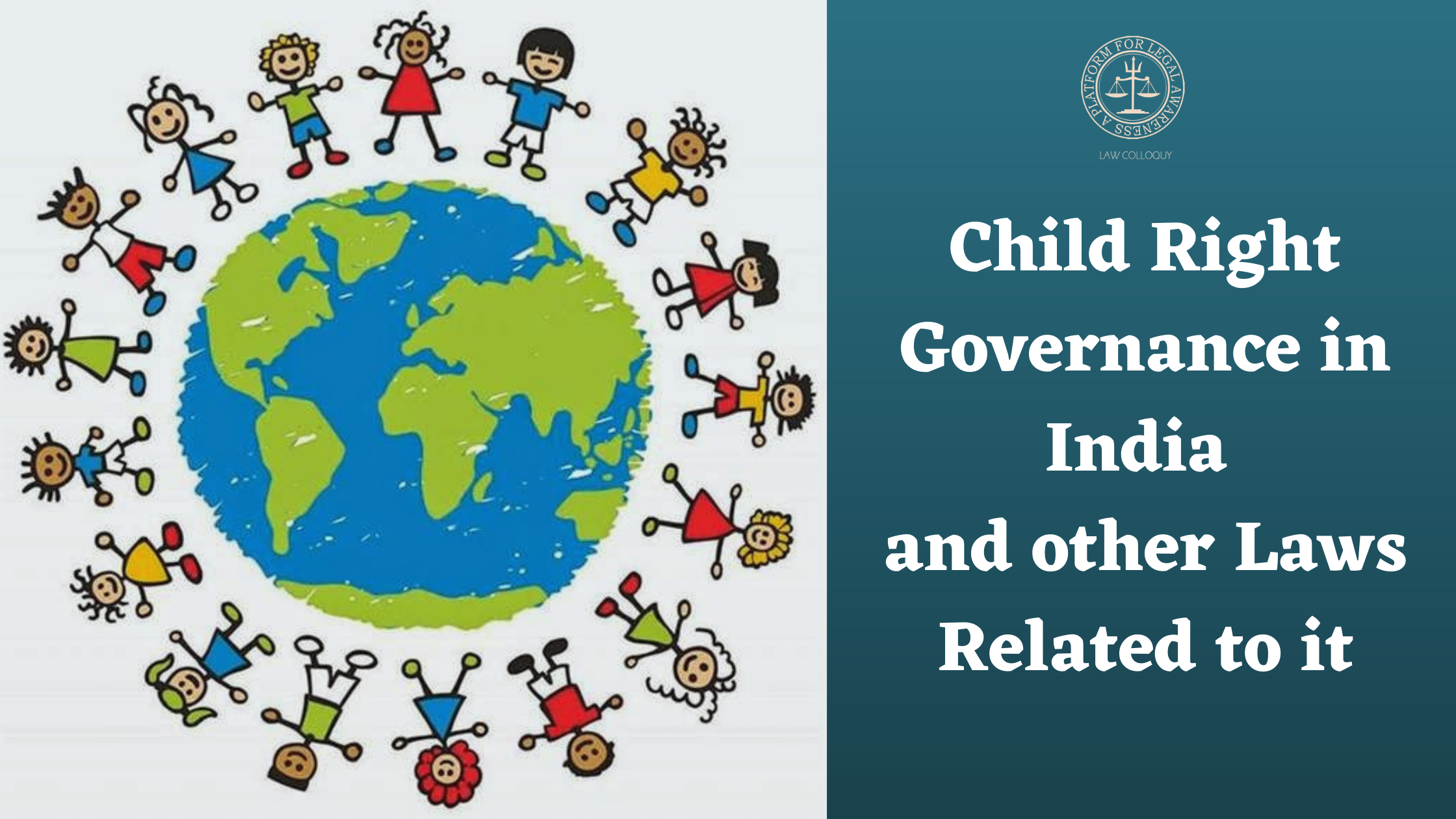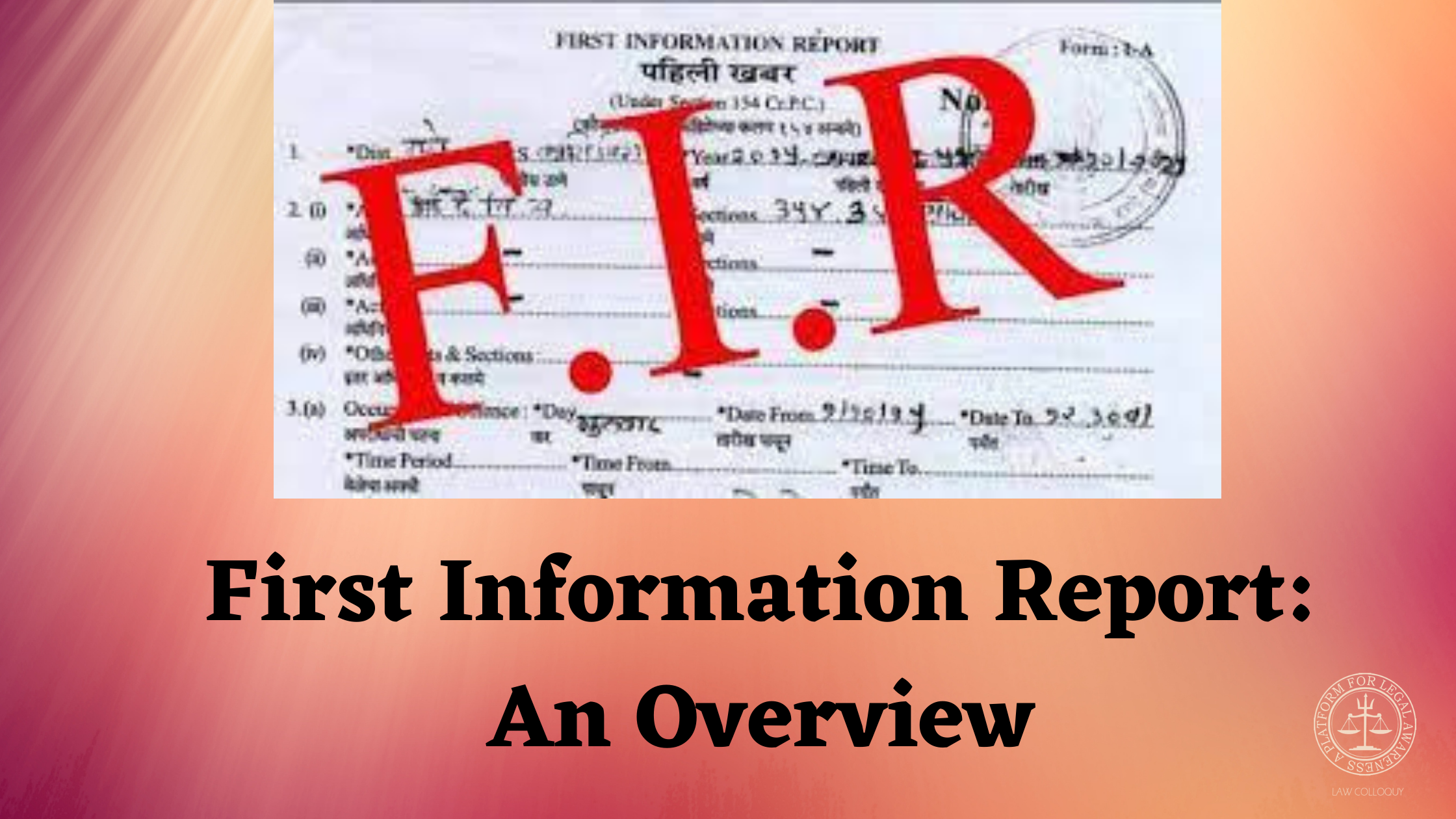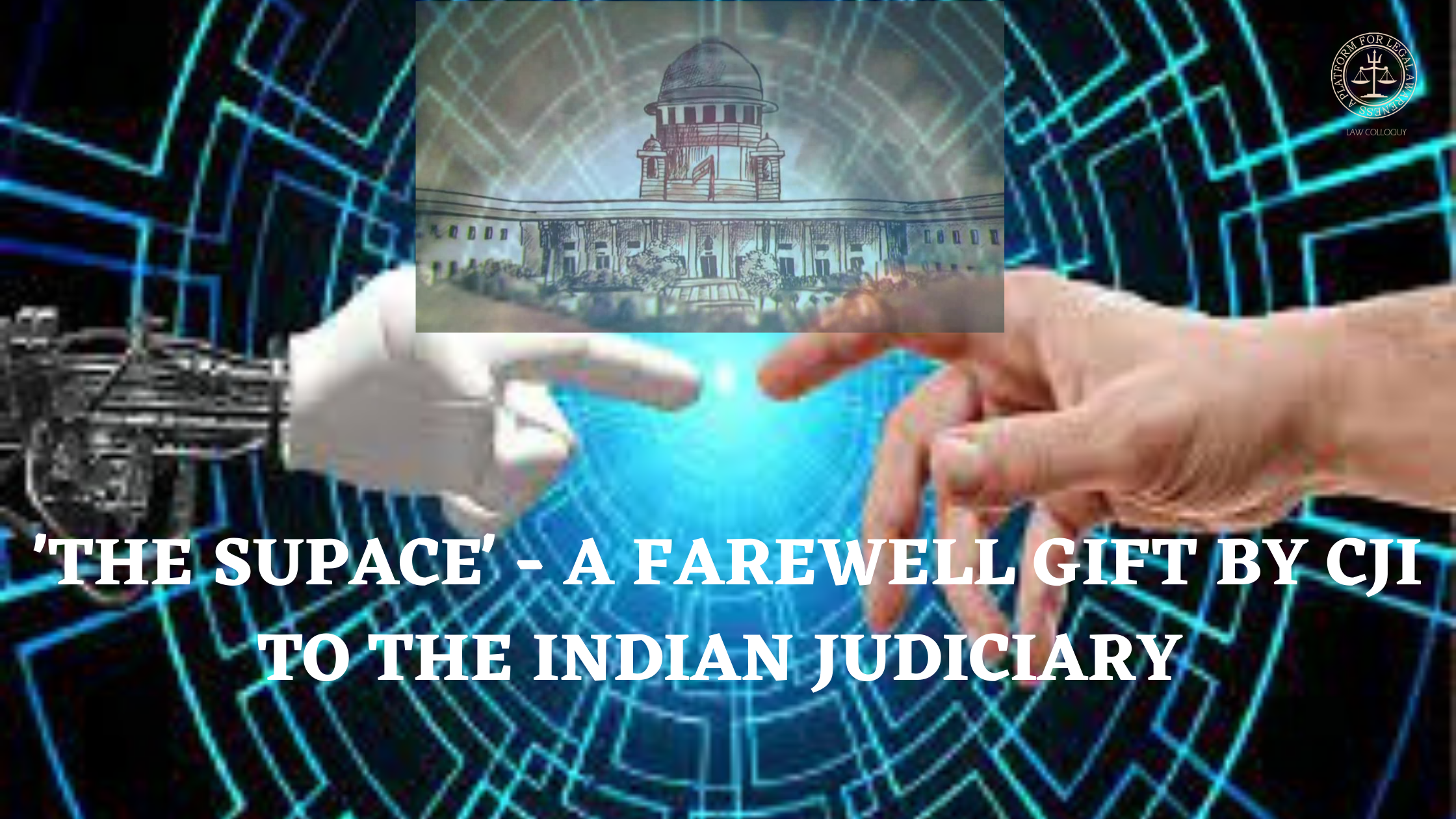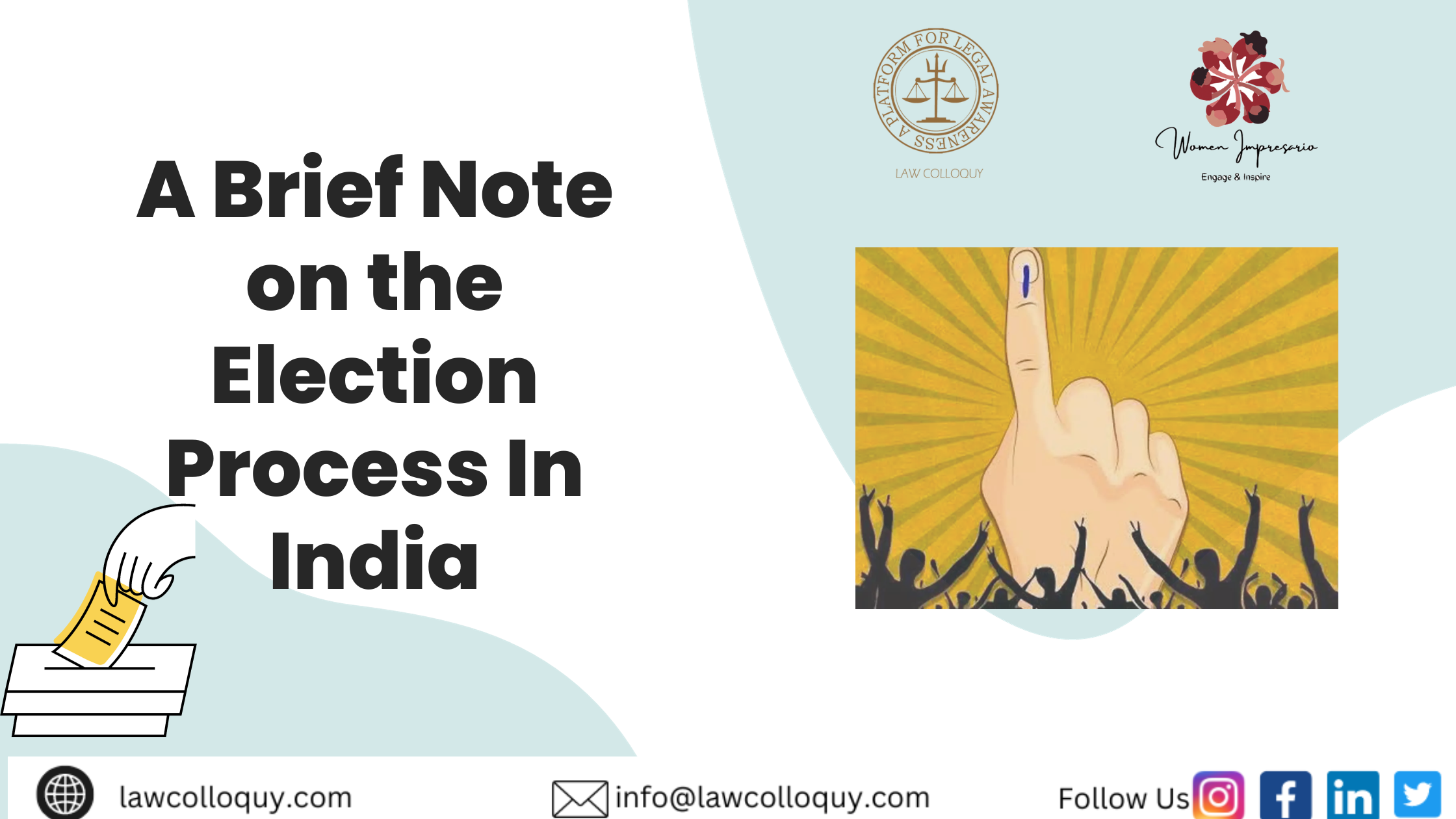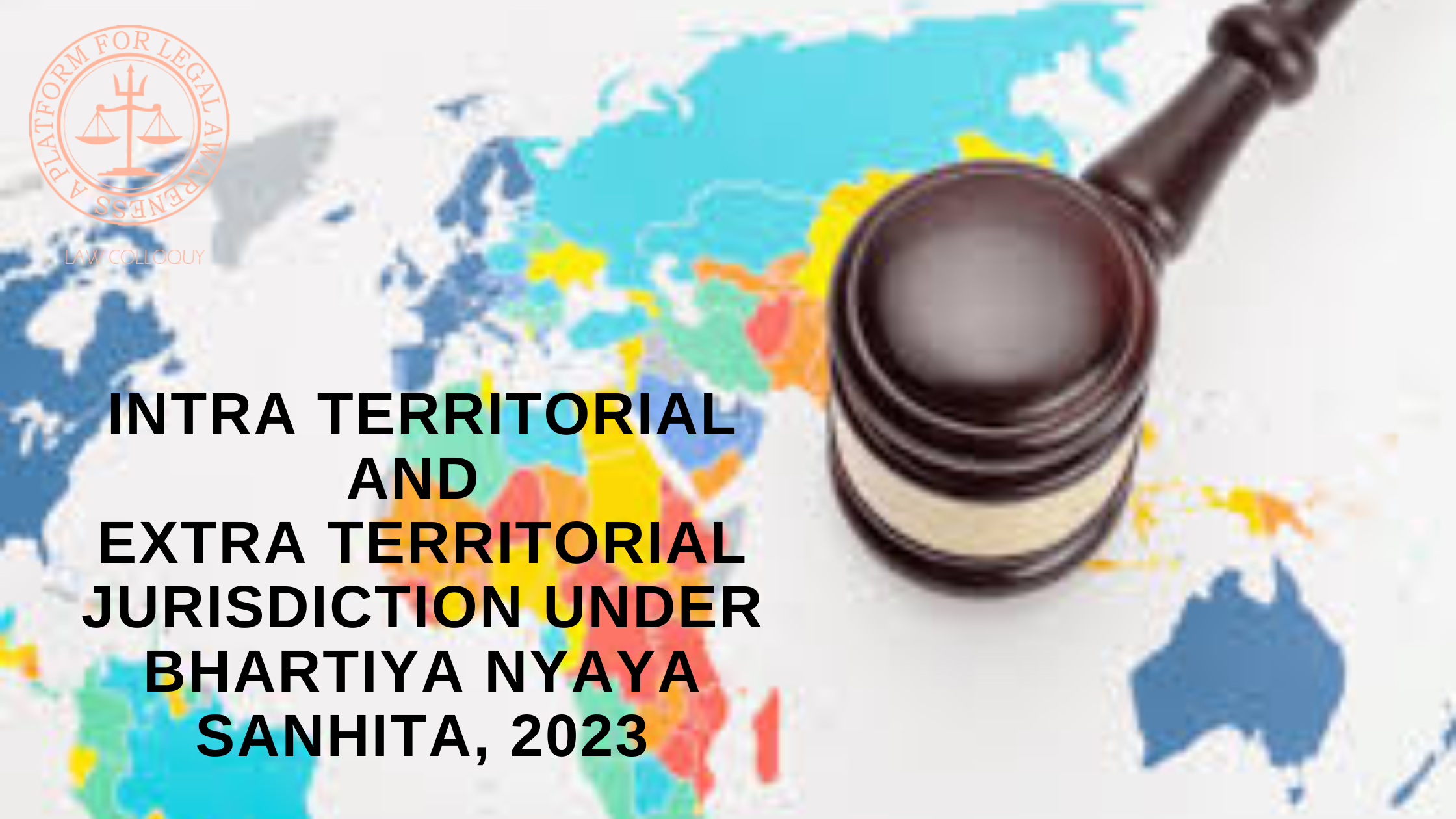Top Ten Legal Headlines of the Week-17 Jun 2025
Top ten legal news wrap up of the week
Top Ten Legal Headlines of The Week-08 Jun 2025
Top ten legal news wrap up of the week
POCSO Act vs Juvenile Justice Act: Understanding the Overlap
The Indian legal system provides a comprehensive framework for the protection and welfare of children through two major legislations: the Protection of Children from Sexual Offences Act, 2012 (POCSO Act) and the Juvenile Justice (Care and Protection of Children) Act, 2015 (JJ Act). While both laws aim to safeguard the interests of children, their areas of focus differ. The POCSO Act is designed to address and penalise sexual offences against children, whereas the JJ Act ensures the welfare, rehabilitation, and adjudication of children who are either victims or offenders. However, complex legal challenges emerge when a child is both the alleged offender and the victim, or when sexual acts involve two minors in a consensual relationship. This blog explores the overlapping areas between these laws, the judicial response, and the way forward for a child-sensitive and balanced application of the two statutes.
Top Ten Legal Headlines of the Week-02 Jun 2025
Top ten legal news wrap up of the week
Top Ten Headlines of the Week-27 May 2025
Top ten legal news wrap up of the week
Top Ten Legal Headlines of the Week-19 May 2025
Top ten legal news wrap up of the week
Top Ten Legal Headlines of the Week-12 May 2025
Top ten legal news wrap up of the week
Top Ten Headlines of the Week-28 Apr 2025
Top ten legal news wrap up of the week
Top Ten Legal Headlines of the Week-15 Apr 2025
Top ten legal news wrap up of the week
Top Ten Legal Headlines of the Week-24 Mar 2025
Top ten legal news wrap up of the week
Top Ten Legal Headlines of the Week-11 Mar 2025
Top ten legal news wrap up of the week
Ensuring Justice: The State of Women’s Reproductive Rights in India
The United Nations Entity for Gender Equality and the Empowerment of Women (UN Women) underscores that
Women Reservation Act, 2023: A Critical Analysis of Progress and Pitfalls
Passed in 2023, the Women Reservation Act hopes to be another landmark on India's path toward gender equality in political representation. This reservation bill aims to reserve 33% of seats for women in the Lok Sabha (the lower house of Parliament) and state legislative assemblies. The Act is noted as a progressive step toward women's empowerment and progress in making their voices heard in the political arena; however, some critics find it half-hearted as it may not address the systemic barriers women face in politics. In this blog, the implications of the Women Reservation Act are addressed by gauging the historical context, prospective benefits, objections, and the general societal impact.
Top Ten Legal Headlines of The Week-29 Jan 2025
Top ten legal news wrap up of the week
Top Ten Legal Headlines of the Week-13 Jan 2025
Top ten legal news wrap up of the week
Top Ten Legal Headlines of the Week-30 Dec 2024
Top ten legal news wrap up of the week
Top Ten Legal Headlines of the Week-17 Dec 2024
Top ten legal news wrap up of the week
Origin and Development of Muslim Law
Muslim law, often called Islamic law or Shari'ah, represents a complex and comprehensive legal system deeply rooted in the teachings of Islam. This legal framework offers various guidelines encompassing legal, moral, and social conduct, influencing personal behaviour, family dynamics, and broader societal interactions. The evolution of Muslim law is intricately linked to the historical journey of Islam and the diverse cultures and societies it has impacted over the centuries. This blog delves into the rich origins of Shari'ah, examining its foundational sources, such as the Quran and Hadith, and tracing the historical developments that have shaped its application and interpretation throughout the ages.
Top Ten Legal Headlines of the Week-09 Dec 2024
Top ten legal news wrap up of the week
Top Ten Legal Headlines of the Week-25 Nov 2024
Top ten legal news wrap up of the week
Ministry of Civil Aviation (MoCA): An Overview
The Ministry of Civil Aviation is responsible for formulating national policies and regulations for civil aviation in India. It has attached and autonomous organisations like DGCA, BCAS, and AAI overseas. This blog gives an overview of the Ministry of Civil Aviation.
Top Ten Legal Headlines of the Week-18 Nov 2024
Top ten legal news wrap up of the week
Ministry of Agriculture and Farmers’ Welfare- An Overview
The Ministry of Agriculture and Farmers’ Welfare is the main regulating body of India and is accountable for establishing and administering the rules, regulations, and laws of agriculture. This department aims to surpass agriculture, the welfare of the farmer, and satisfy the country’s food needs. It happens with the involvement of three major units serving different functions and holding specific obligations. This blog throws a light on the various department under the Ministry and their roles and responsibilities in brief.
Top Ten Legal Headlines of the Week-11 Nov 2024
Top ten legal news wrap up of the week
Top Ten Legal Headlines of the Week-05 Nov 2024
Top ten legal news wrap up of the week
Top Ten Legal Headlines of the Week-14 Oct 2024
Top ten legal news wrap up of the week
Top Ten Legal Headlines of the Week-07 Oct 2024
Top ten legal news wrap up of the week
Top Ten Legal Headlines of The Week-30 Sep 2024
Top ten legal news wrap up of the week
Top Ten Legal Headlines of the Week-23 Sep 2024
Top ten legal news wrap up of the week
DIFFERENCE BETWEEN MUNICIPAL AND INTERNATIONAL LAW
As in other jurisdictions, there is a significant distinction between municipal and international law in India. Both types of law operate within different realms and serve distinct functions. This blog discusses detailed exploration of the differences between municipal and international law in the Indian context.
Credit Cards: A Growing Trend and Financial Tool in India
In October 2023, credit card spending reached an all-time high of Rs 1.72 lakh crore. Indians have used credit cards to spend up to Rs 5 lakh crore in just the last three months alone, which is equivalent to roughly 2% of the country's GDP. Because they make it easier for people to spend money, credit cards have emerged as a crucial instrument for stimulating the economy and promoting corporate and economic growth. Credit cards have the potential to help businesses and individuals alike when utilised sensibly, which will boost the economy. This blog discusses the pros and cons of credit card usage.
Top Ten Legal Headlines of The Week-09 Sep 2024
Top ten legal news wrap up of the week
Top Ten Legal Headlines of The Week-02 Sep 2024
Top ten legal news wrap up of the week
The Power of Mouth Publicity: How Social Factors Shape Consumer Choices
In the field of marketing, it is essential to comprehend the several aspects that impact customer behaviour. Word-of-mouth marketing, also known as
Evolution of the Indian Penal Code to Bharatiya Nyaya Sanhita (BNS)
India's criminal justice system is a testament to its remarkable resilience and adaptability. It has evolved to meet the needs of various historical periods, including the recent amendment of the Bhartiya Nyaya Sanhita. This blog explains the evolution of the penal system in India.
Top Ten Legal Headlines of the Week-10 Jun 2024
Top ten legal news wrap up of the week
Top Ten Legal Headlines of The Week-27 May 2024
Top ten legal news wrap up of the week
Top Ten Legal Headlines of The Week-12 May 2024
Top ten legal news wrap up of the week
Top Ten Legal Headlines of The Week-06 May 2024
Top ten legal news wrap up of the week
Top Ten Legal Headlines of The Week-29 Apr 2024
Top ten legal news wrap up of the week
Top Ten Legal Headlines of The Week-23 Apr 2024
Top ten legal news wrap up of the week
Top Ten Legal Headlines of The Week-15 Apr 2024
Top ten legal news wrap up of the week
Top Ten Legal Headlines of the Week-04 Mar 2024
Top ten legal news wrap up of the week
Top Ten Legal Headlines of The Week-20 Feb 2024
Top ten legal news wrap up of the week
"Pranshu Yadav's Tragic Tale: Combating Cyberbullying and LGBTQ+ Discrimination in India"
One optimistic social media influencer from Ujjain, Madhya Pradesh, 16-year-old Pranshu Yadav's heartbreaking experience has highlighted the adverse effects of homophobia and online harassment. His untimely death from suicide following ongoing pain he had experienced on social media serves as a stark reminder of the severe repercussions of discrimination and cyberbullying against the LGBTQIA+ community.In memory of Pranshu Yadav, this is a wake-up call to confront the harsh realities of cyberbullying and stands as a plea for a world where every individual's uniqueness is celebrated and respected.
The Extensive Scope of International Law
International law, a dynamic and ever-evolving field, encompasses many legal principles and norms that regulate interactions between sovereign states, international organisations, and individuals on the global stage. As the world becomes increasingly interconnected, the scope of international law has expanded, offering diverse and challenging opportunities for legal professionals. The scope of international law is expansive and dynamic, encompassing diverse areas ranging from human rights and diplomacy to trade and environmental protection. This blog explores the multifaceted scope of international law, highlighting the various avenues and its crucial role in addressing global challenges.
Top Ten Legal Headlines of the Week-26 Dec 2023
Top ten legal news wrap up of the week
Top ten Legal Headlines of The Week-13 Dec 2023
Top ten legal news wrap up of the week
Top Ten Legal Headlines of the Week-04 Dec 2023
Top ten legal news wrap up of the week
"Ganga Jamuna: Navigating the Censor Board's Intricacies - A Cinematic Tale of Certification and Controversy"
Recently, news about the movie "Ganga Jamuna" was featured in the newspaper on November 6th. The news revolved around Dilip Kumar's six-month journey with the Censor Board for the film "Ganga Jamuna." In 1961, the movie, directed by Nitin Bose and starring Dilip Kumar, was released. Dilip Kumar also produced the film. However, the film encountered numerous challenges with the Censor Board, leading to 250 cuts and an 'A' certificate due to its focus on the Uttar Pradesh belt, featuring dialogues in the Awadhi dialect. This blog delves into the functioning of the Indian Censor Board and the process of issuing film certificates with reference to Ganga Jamuna.
Top Ten Legal Headlines of the Week-27 Nov 2023
Top ten legal news wrap up of the week
A Brief Note on the Election Process In India
India's election process is a complex and extensive system governed by the Election Commission of India. This blog describes some of the key details of the election process in India. .
Top Ten Legal Headlines of the Week-14 Nov 2023
Top ten legal news wrap up of the week
What is Deepfake?- Explainer
Deepfake is a new form of cyber crime. This blog explains the meaning of Deepfake, how it works and what are the laws governing it.
"Dissenting Opinions", "Distinguishing Opinions" and "Concurring Opinions" in Indian law
"Dissenting Opinions", "Distinguishing opinions" and "concurring opinions" are important components of judicial decisions in Indian law. These opinions provide unique insights into the reasoning and interpretation of a case. Here is a brief notes on the same.
Top Ten Legal Headlines of The Week-06 Nov 2023
Top ten legal news wrap up of the week
Formal and Informal Sources of Law
India has a diverse legal system vividly incorporates formal and informal law sources, including municipal and international aspects. The legal framework of any society is the foundational structure that underpins the functioning of the entire legal system. It represents a complex and intricate blend of rules, norms, and principles that collectively serve as the guiding force governing the behaviour of individuals within that society. These legal rules and principles are analogous to the structural supports of a building, providing the necessary stability and order for the functioning of the social and legal architecture. In essence, the legal framework serves as a blueprint, defining the boundaries, obligations, and rights individuals must abide by, thus ensuring order, justice, and social harmony. This notes describes about the formal and informal sources of law.
Legality Of Betting and Gambling Contracts In India
Gambling is betting or wagering money or anything at the expense of a possible future outcome to win. Gambling in India traces back to the time of The Mahabharata, almost 4000 years ago; it is described as a form of playing dice or “chausar” as it was called back then. It might be possible that gambling was introduced for people to increase their knowledge, basically to increase their capacity to take risks in their lives. Eventually, gambling became a game played by everyone from rich to poor, usually by royals in their leisure time. A famous instance of gambling, which everyone knows about, is when, in the Indian legend Mahabharata, the Pandavas wagered everything they had, including their wife, while playing dice. Since then, gambling and betting have evolved with time. People bet with money. Some people even win crores, set up a business, and live peacefully. More people have started betting illegally with money, leading to corruption and money laundering. This blog describes the various types of betting and gambling and the legal aspect of it.
Top Ten Legal Headlines of The Week-26 Sep 2023
Top ten legal news wrap up of the week
Legal Research Papers: Where to begin?
Writing a legal research paper requires a systematic and rigorous approach to exploring legal issues, analysing cases, and presenting coherent arguments. Whether you are a law student or a seasoned legal professional, understanding the process of crafting a well-structured and compelling research paper is essential. This blog outlines the key steps and considerations involved in writing a legal research paper.
Making the Most of Law School: A Guide to Success and Fulfilment
Law school is a transformative journey that offers a wealth of knowledge, challenges, and opportunities for personal and professional growth. Whether you're just starting your legal education or you're already immersed in the experience, there are several strategies you can employ to make the most of your time in law school. In this blog, we will explore some valuable tips to help you succeed and find fulfilment during your law school years.
Top Ten Legal Headlines of the Week-21 Aug 2023
Wrap up of the top ten legal headlines of the week
Words Like Prostitute-Mistress Will Not Be Used In Courts: Supreme Court Released Terminology For Women
Gender stereotype words will no longer be used in Supreme Court decisions and arguments. Supreme Court launches Gender Stereotypes Combat Handbook to crack down on derogatory terms used for women.
Suo Moto Cognizance- Elixir or Toxin for the Judicial System of our Country
The Recent actions by the Supreme Court by taking a Suo Moto Cognizance in the case of the viral Manipur Sexual Harassment case was welcomed as a positive measure by various organizations and the citizens of the country. Following the Viral video showing two women being paraded in Manipur while entirely naked, Chief Justice of India DY Chandrachud ordered the Central government and the state government to inform the Supreme Court of any actions taken.
Shaping Justice: The Proposed Bharatiya Nyaya Sanhita Amendment Bill
A nation's legal framework serves as the backbone of its society, ensuring justice, equality, and protection of individual rights. In this context, the proposed Bharatiya Nyaya Sanhita Amendment Bill is a significant development that aims to reform and strengthen India's criminal justice system. This blog delves into the proposed amendment's key provisions and potential implications, shedding light on its role in shaping a more efficient and equitable legal landscape.
Top Ten Legal Headlines of the Week-14 Aug 2023
Top ten legal news wrap up of the week
No Confidence Motion in India: Explained
In parliamentary democracies, the No Confidence Motion (NCM) concept is a critical mechanism for ensuring governmental accountability and transparency and maintaining the delicate balance between the executive and legislative branches. In India, a nation that upholds democratic principles, the NCM is significant in its political landscape. The No Confidence Motion represents a powerful tool in the hands of the opposition to voice concerns, challenge policies, and even potentially change the course of governance.This blog delves into the No Confidence Motion concept, procedure, implications, and historical relevance in the Indian context.
GRIM REALITY OF SPORTS IN INDIA
Sport refers to an activity that involves physical and mental abilities. Sports have always been a vital part of human lives. Sports in India range from traditional, common, and famous sports like kabaddi, cricket, hockey, etc., and some other sports which are not known to many people. India has performed tremendously in the realm of sports and has been hosting plenty of domestic and international sports events as well. It has earned many awards in global spaces like the Olympics, commonwealth games, etc. In addition, India encourages the youth and has opened various universities for the same.Despite everything, India still lacks in the area. India faces problems that are still unrecognized and are not acted upon, even if recognized. The roots of the issues are hard to reach consideration yet can be done. The problems start and keep going on and probably never end. However, recognition is our duty, and acting on them is our right; hence let us move on to the grim reality of sports in India.
ADDITIONAL PROTOCOLS TO THE GENEVA CONVENTION: UNDERSTANDING REASONS FOR INDIA’S NON-RATIFICATION
As history suggests, India has always ensured to voice its stand and actively participate in becoming a party to international conventions. Subsequently, India is a party to several international treaties, including the Geneva Conventions of 1949. However, contrary to this, when the Additional Protocols to the Geneva Conventions were formulated in 1977, India did not ratify to the international treaties, although it had actively participated during negotiations. This legal blog aims to study and highlight the reasons for India's non- ratification to the Additional Protocols and analyse whether the reasons given by India for non-ratification were justified.
Top 10 Legal Headlines of The Week-05 Jul 2021
Top Ten Headlines of The Week
ARTICLE 19(1) OF THE CONSTITUTION OF INDIA: AN ANALYSIS
India had achieved independence after huge bloodshed only for the citizens of the country so that they could live happily, without any interference from outside, which is known as sovereignty. Just after three tears, on the 26th day of November 1950, India had drafted its first Constitution, with its founding fathers being Dr. B.R. Ambedkar, Sir Benegal Narsing Rao, Surendra Nath Mukherjee and others. The Constitution of India has 22 parts and 395 Articles, and Part III of the Constitution is enshrined with the Fundamental Rights, ranging from Articles 12 to 35. Article 19(1) of the Constitution of India gives the freedom of speech and expression to all the citizens of India. The Supreme Court has ruled in the case of Devendrappa (1998) that reasonable restrictions may have to be imposed in the freedom of speech and expression in the interest of maintaining discipline in public services, even though it may not have been mentioned as a ground in Article 19(2).
Top 10 Legal Headlines of The Week-06 Jun 2021
News Wrap up of this week
Top 10 Legal Headlines of The Week-31 May 2021
News Wrap up of this week
Child Right Governance in India and other Laws Related to it
Perhaps the most well-known definition of ‘global governance’, James Rosenau designates it as ‘organisations of rubrics at all stages of hominoid action – from the domestic to the worldwide organisation.’ Today the perception of authority has wedged the attention of researchers in fields like political science, economics, business studies, and global relations to analyse an inclusive variety of marvels such as school life, worldwide policy-making, global organisations, public health, monetary dealings, street gangs or traffic rules. Children and youth are in many circumstances obtainable as ruled by others – parents, teachers, social services, religious establishments, or out of control. For youthful scholars, though, the opposite has been basic in the influence of the field of juvenile studies over the last decades. The intervention of children and young people certainly also impact the schemes of guidelines and governance that border them. They are thus as much theme to these systems as they can be energetic and shapers of them, in many cases organised with or in equivalent to the adults adjacent them. Contempt this heading of children as being both marks and shapers of governance, though, with some exceptions, the methodical study of the governance of children and youth have established little consideration within childhood studies as well as to the examination of how child rights are assumed to form in national and multinational politics, law and society.
TOP 10 LEGAL HEADLINES OF THE WEEK 25 May 2021
News Wrap up of this week
First Information Report (FIR): An Overview
Crime and its reporting happen in relays, a country for its good governance & maintenance of tranquility requires complaints to be registered, these then need to be taken in cognizance and resolved in an established manner. A proper administration of the criminal justice system, therefore, requires balancing the rights of the victim and the accused. In India, the distribution of power takes place among its departments and thus reporting of crime, and its settlement happens by involving various branches of government. Reporting of crime is the initial step in the criminal justice system. The ‘First Information Report’ is an essential process in the investigation of a criminal case, in common parlance and in media reporting.
THE SUPACE- A FAREWELL GIFT BY CJI TO THE INDIAN JUDICIARY
A new concept of virtual hearing ARTIFICIAL INTELLIGENCE has been introduced by Hon’ble Shri S.A.Bobde recently, named as “SUPACE”. This is a complete blend of human and machine intelligence. The curiosity to know and have knowledge about a new thing automatically comes to the human mind. This blog, deals with the ARTIFICIAL INTELLIGENCE (SUPACE), it's working and uses in the Indian Judiciary.
Misuse of Gender Laws in India
This paper, titled ‘Misuse of Gender Laws in India’, attempts to put forth some major loopholes in our Judicial System with respect to gender-oriented laws. It tries to make a sincere effort to understand how and why these loopholes get exploited by a section of society. It aims to critically evaluate, study and examine the major difference between what was intended by some laws versus what actually became of them through their massive misuse. This is one of those areas which has just started to gain momentum among the masses, but the legal and societal recognition of which has not received enough attention. There is also a significant dearth of quality literature available in this respect.
Top 10 Legal Headlines of The Week. 07 Mar 2021
News Wrap up of this week
Top 10 Legal Headlines of The Week28 Feb 2021
News Wrap up of this week
Top 10 Legal Headlines of The Week21 Feb 2021
Top Ten Headline of The Week
Pedagogical Model of The Formation of Professional Competence of Lawyer : Ukrainian Reality
This blog includes the Pedagogical Model of The Formation of Professional Competence of Lawyer from Ukrainian Reality by Professor Prof. Anatoliy Kostrub
Nature & Significance of Law
Law has become a significant medium for every civilized nation. Theory and philosophy of law is called jurisprudence. Jurisprudence should always be the foundation for framing rules and laws of a nation. Law is a dynamic subject which changes with the changing needs of the society. Philosophers and Jurists have come up with different definitions of law in different eras. Nature of law has also been propounded differently by different jurists. John Locke's theory on Constitutionalism is worth mentioning in present day context because the theory of Constitutionalism is associated with the noble idea which means freedom from arbitrary government . This concept encourages protection/promotions of rights of people, rule of law and accountable governmental procedures. A country which lacks constitutionalism is a dangerous sign which should always be discouraged.
75 Years of the United Nations: How it all started
24th October 2020 marks the 75th anniversary of the United Nations. To commemorate the milestone achieved by this organization which has more legitimacy, convening power, and normative impact than any other organization, this blog explains how and why the United Nations was founded.
ABORTION AND INTERNATIONAL LAW
The abortion decision involves several parties, all with their own legally protected interests, civil liberties or fundamental human rights. These parties are the fetus, the pregnant woman, the doctor, the father of the fetus and the parents of the pregnant minor.
Rights of The Accused in India
In India, the rights of the accused are provided only in cases where a warrant is issued. An accused has certain rights during any investigation; enquiry or trial of offence with which he is charged till the time the crime is not proven.
KOMPETENZ-KOMPETENZ DOCTRINE: EXPLAINED
The Arbitration and Conciliation Act, 1996 has undergone various amendments over time. The Act demands changes overtime with developments made throughout the globe. The Act was introduced with a motive to encourage outside the court settlement and to make India a hub for International Arbitration just like Singapore and Hong Kong in Asia. The Act also aims to establish lesser court intervention which seems like a distant dream in some scenarios. Due to lack of awareness, people still opt to approach the court and the belief of people to get justice still lies with the court.
Difference between Investigation and Inquiry under Criminal Procedure Code 1973
The criminal procedure in India is governed by the CrPC 1973.
Mediation and Conciliation in Family Dispute Cases
Family is the most important social institution. We are dependent on our families, both for financial and emotional stability. From the transition of joint families to nuclear families, the ideas and beliefs of family members have changed drastically; and in recent times, family disputes have escalated. With the Indian judicial system already burdened with the pressure of pending family dispute cases, there is an urgent need to resolve such matters through alternate dispute resolution methods, beyond the scope of litigation.
E-Contracts in Contemporary India
Contracts are standard processes that we undertake in our daily lives, but we hardly realize and recognize it. Buying and selling vegetables, groceries, land, properties and any essentials all comes under the definition of Contract. According to The Indian Contract Act, 1872
Personal Data Protection Bill, 2019: At Glance
Too much digitalisation and acceptance of integration of technology in our lives cannot be denied. Every sector, healthcare, legal, etc., is bombarded with new technological advancements, and our involvement in the same cannot be restricted. This, too much reliance raises concerns as to how the data of the individual, organisation, government department will be regulated. Due to a lack of legal reforms that provide for the regulation of data of users, certain people are sceptical about inculcating technology. To address all the above-mentioned issues, the Personal Data Protection bill, 2019 was introduced in the Lok Sabha by the Ministry of Electronics and Information Technology, on December 11, 2019.
IS INDIA AN ONLINE ARBITRATION FRIENDLY JURISDICTION?
India provides for a specialized law that specifically deals with alternative dispute resolution, namely Arbitration and Conciliation Act, 1996. With the outbreak of Covid-19, Indian courts were bound to accept the technological advancement and started the hearing of urgent matters through virtual means. But the question arises are the laws keeping up with technological advancements? Through this article, the author tries to answer whether the Indian laws are compatible with the procedures of online Arbitration.
Structure and functioning of Criminal Courts in India
Administration of criminal justice is carried out through Magistrate Courts and Sessions Courts. The Indian Panel Code, 1860 (IPC), together with other penal laws constitutes India's substantive criminal law.
Significant Amendments in the Criminal Law (2013-18)
Our legal system has provided many provisions to protect women and keep on amending from time to time. Some significant provisions on sexual offences were amended in 2013-18 in criminal law.
Acid Attack: A Socio-Legal Perspective
Acid attack is a worldwide phenomenon which is considered to be one of the most heinous forms of violence. Approximately 1500 acid attack cases worldwide are recorded annually. Though an acid attack is a gender-neutral violence, a reasonable gender dimension could be drawn because of the gender-specific percentage of crimes and the reasons. Globally, 80 per cent of acid attack survivors are women/girls[i]. National Crime Record Bureau (NCRB) data shows that 57 per cent of acid attack survivors are females in the year 2018
Jurisdiction of Supreme Court of India
According to Article 124 of the Indian constitution, there shall be a Supreme Court of India. The constitutional powers and jurisdictions of the Supreme Court have been defined from Article 124-147. The Supreme Court is meant to be the highest court of appeal which takes up appeals against the verdict of High Courts. Supreme Court at the apex of Indian Judiciary to uphold the constitution of India, to protect the rights and liberties of citizens and to uphold the values of rule of law. Hence it is known as the guardian of our Constitution.
Criminal Trial in Indian Law
Criminal law is the body of law that relates to crime. In India Criminal Justice system includes three Acts
The Market Regulator SEBI and Controversies
The Securities Exchange Board of India (hereinafter referred to as
Difference between Gang, Racketeering and Crime Syndicate
An organised crime group is a category of transnational, national, or local groupings of highly centralized enterprises run by criminals who attempt to regulate and control the production and distribution of a given commodity or service unlawfully.
The procedure of Arbitration In Consumer Disputes
India is a socialist country, therefore, aims to arrive at a balance wherein all the parties have equal opportunities and no party exercises a dominant position over the other. Indian legislation, therefore, provides for the Consumer Protection Act, 1986 which has been repealed by the newly enforced Consumer Protection Act, 2019 on 20th July 2020.
Difference between Kidnapping and Abduction
The word “kidnapping” has been derived from the word ‘kid’ meaning child and ‘napping’ to steal. Thus the word literally means “child stealing”. However, under the Indian Penal Code it is not confined to child stealing. It has been given broader implication, i.e., carrying away of a human being against his/her consent, or the person accused removes the person from his/her lawful guardianship.
Differences between “May Presume” “Shall Presume” And “ Conclusive Proof
As per the dictionary, the meaning presumption is ‘an idea that is taken to be true on the basis of probability’ or ‘the act of believing that something is true without having any proof’.
Covid-19 and the Justice Delivery Mechanism
Indian judiciary is known and acknowledged as one of the most progressive and most reliable judicial institutions around the globe, supporting and serving democratic order. It is appreciable that the Court has quickly adapted to technology to address the grievances of the litigants and dispose of the crucial and urgent matters which is a vital function of judiciary highlighting the fact that justice cannot be suspended even during the lockdown. At the same time, some hurdles are ceasing the way to deliver justice. In this essay, the authors aim to discuss the limitation of law in delivering justice and the matters which are crucial and urgent, yet unable to get listed for hearing.
‘Evaluation of the working of Reformative theory in India’
Reformative theory of punishment is widely being accepted and implemented theories of punishment around the world. It is backed by the ideology that prisons should be converted into reformed homes. The motives behind the offences must be examined; there should be made a way so that the offender could go back to mainstream society.
Mind the Gap: Women's fight against the gender pay gap
This article addresses the issue of the gender pay gap in India and studies the law on maintaining equal pay. Further, it also analyses some case studies to understand the issue in depth.
Female Lawyers and the Indian Legal Industry
The Indian legal industry has seen a growth in the number of female lawyers entering the profession. Traditionally seen as a male-dominated profession, female lawyers are making their mark increasingly in the world of litigation and law firms. However, despite the increasing numbers, there is a tendency for women lawyers to disappear as they progress up the hierarchical system. In the beginning, when junior lawyers enter into the field, you will see more female lawyers as compared to the top where men are in dominance. Commentators have described this to be the ‘dropping off’ of women lawyers along 20-30 years of their careers. Why exactly does this happen?
How Kerala tackled Covid-19 pandemic
Kerala is one of the states in India which effectively tackles the Covid-19 situation among the country. Surpassing many other developed states, Kerala state was able to flatten the curve of Covid-19 pandemic which many other states were not able to do. Kerala has a long history of Social development, dating from the “Kerala Development Model” in the late 1970’s. For sustained long-run development, Kerala mainly focuses on the development of health, education of people and technological advancements. After the state embraces the globalisation policies in the mid-’90s, the state continuously focuses its development of literacy to its people, education and health sectors.
COVID-19: Penal provisions for enforcing social distancing
On 11 March 2020 WHO declared the Novel Coronavirus Disease (COVID-19) outbreak as a pandemic (an epidemic that has spread worldwide, affecting a large number of people). The Union Government has invoked the powers under the Epidemic Diseases Act, 1897 to enhance preparedness and containment of the virus and declared COVID-19 a 'notified disaster' under the Disaster Management Act 2005.
Distinction between ‘Wrongful restraint’ and ‘Wrongful confinement’
The term ‘Wrongful restraint’ denotes a willful obstruction of any individual in order to keep that individual from continuing toward any path in which that individual has a privilege to continue.
Theories of Punishment
With the change in the social structure, society has witnessed various punishment theories and the radical changes that they have undergone from the traditional to the modern level and the crucial problems relating to them.
General Exception Under Indian Penal Code 1860
When a person proved with the commission of an offence, and ought to have been punished by law, if he is exempted from such legal punishment under special conditions stipulated in the law, it is known as General Exception. General exceptions have been explained under Sections 76 to 106 of IPC.
Introduction to Tort
The 'Law of Torts‘ is originated by the Common Law of England, which is generally civil in nature. It is well developed in the UK, USA, and other advanced countries.
Introduction to Socio-Economic Offences
In India, socio-economic offences can be outlined, after the World War.
Meaning of Lawyer, Advocate, Solicitor, Barrister and more
Generally, lawyers, advocates, barrister, solicitors are considered equivalent words, but they are having different meaning, importance, and nature.
Meaning & Explanation about Law, Bill, Act and Ordinance
Law is a set of rules and regulations enacted by the parliament to direct the conduct of people.
Distinction between Complaint and First Information Report (FIR)
Any offence committed requires certain records and documents to take action before starting the criminal procedures. FIR and complaint are one of those prerequisites.
Difference between Detention, Arrest and Custody
There are certain terms in the Criminal justice system which are ambiguous in nature.
Common Intention and Common Object
Criminal liability has been defined by lexicon dictionary as something wherein there are accountability and responsibility to another by the ways of legal criminal sanction.
Stages of Crime
If a person commits crime voluntarily or after premeditation it involves certain stages. There are four stages in the commission of crime.
Intra Territorial and Extra Territorial Jurisdiction Under Bhartiya Nyaya Sanhita, 2023
Jurisdiction is an aspect of state sovereignty and it refers to judicial, legislative and administrative competence. Jurisdiction may be defined as power or authority of a court to hear and determine a case, to adjudicate and exercise any judicial power in relation to it by taking cognizance of matters presented before the court. There are two kinds of jurisdiction of courts.
How to write Dissertation and synopsis
It should provide a brief description of the area of the proposed research work in a very concrete, concise, and accurate manner. It must be clear rather than fuzzy and general.
Elements of Crime
To establish criminal liability it is necessary to understand elements of a crime. Crimes can be broken down into elements, which the prosecution must prove beyond a reasonable doubt. Criminal elements are set forth in criminal statutes or cases in jurisdictions that allow for common-law crimes.
Significant Rights Pertaining to Women
A woman should be taught to believe in protecting herself on her own and not to depend on a man for her protection. She has the power to protect the world and not just herself. A strong woman is the one who can dare to raise her voice for the cause she be


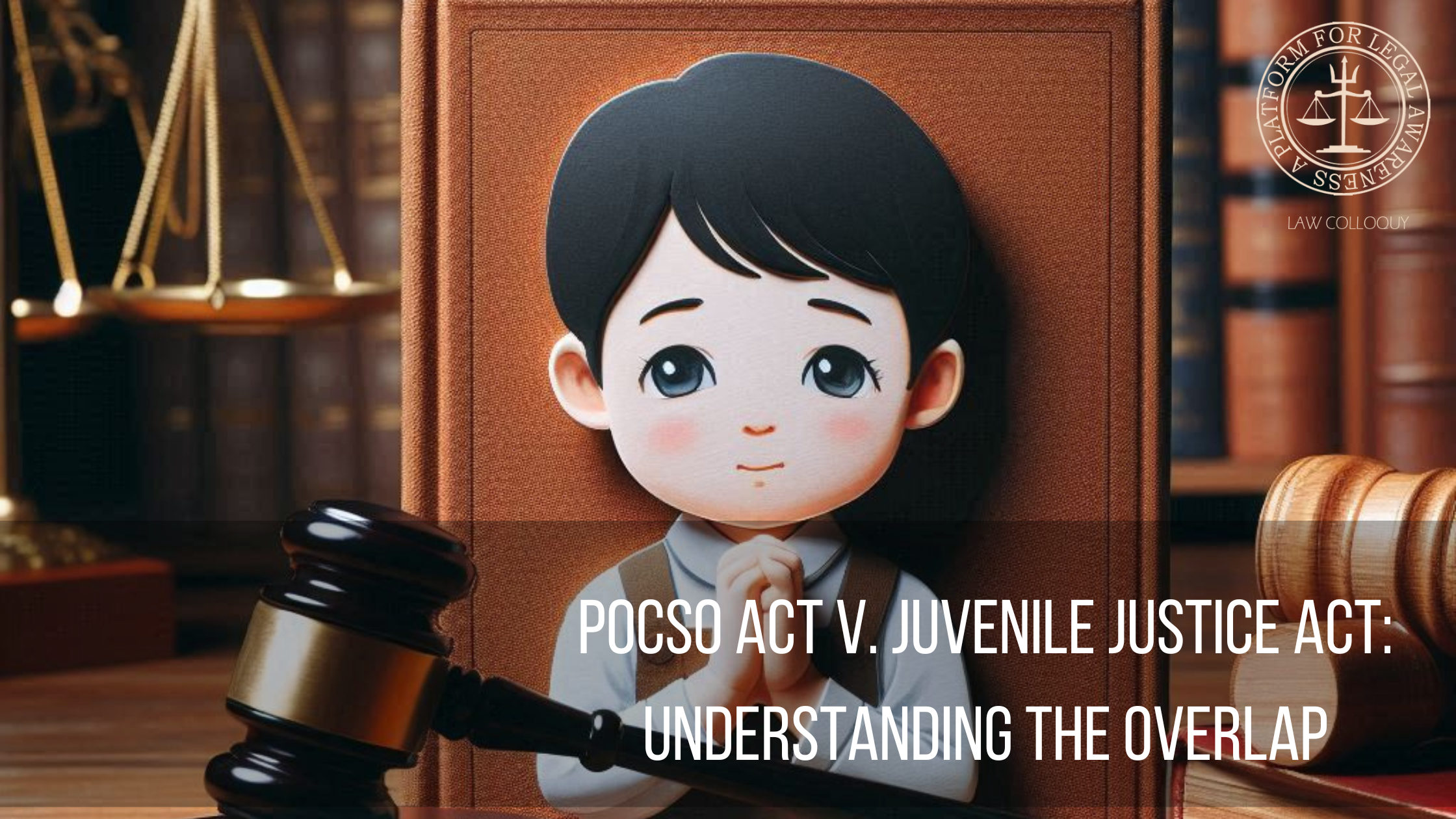
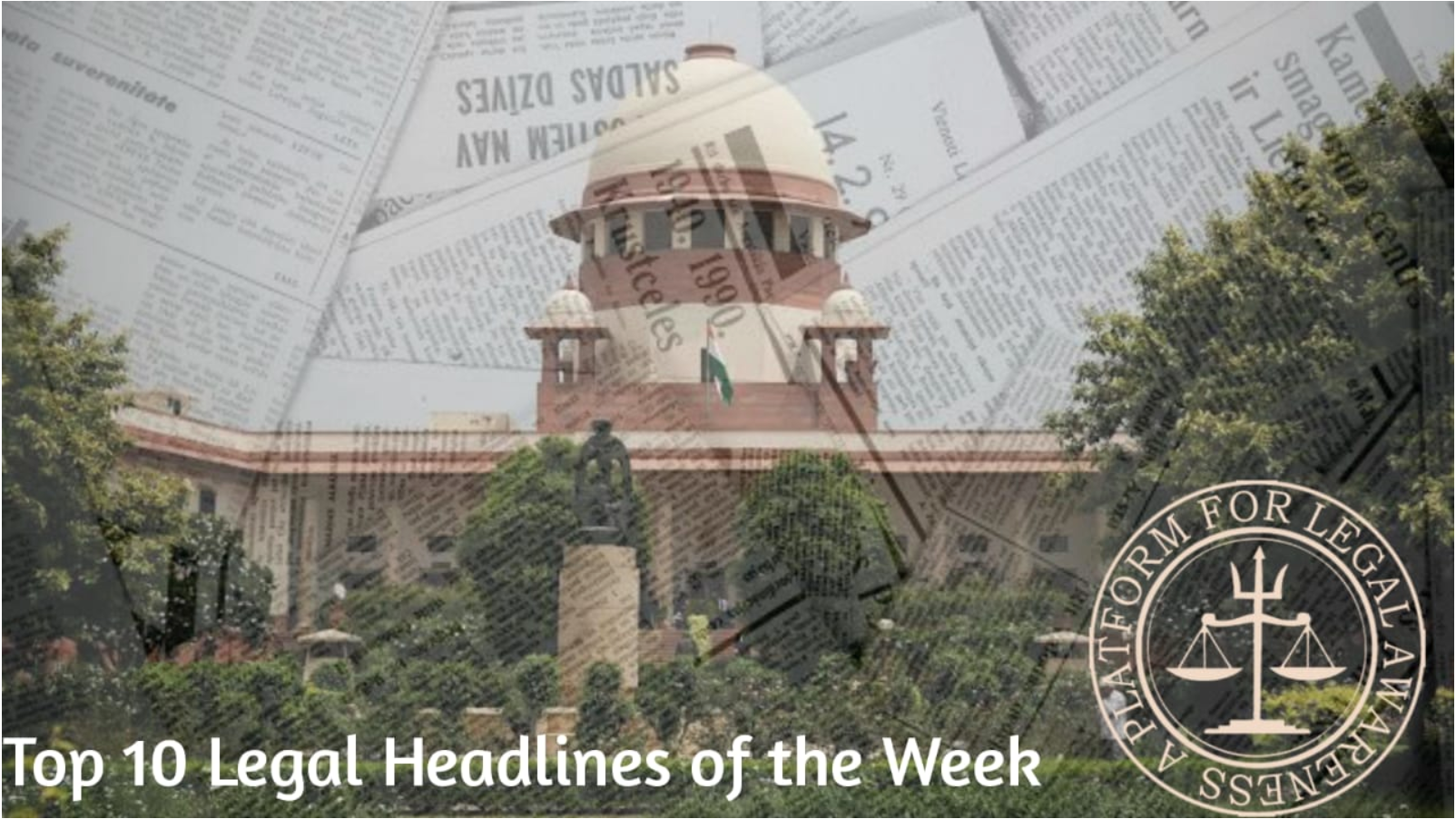
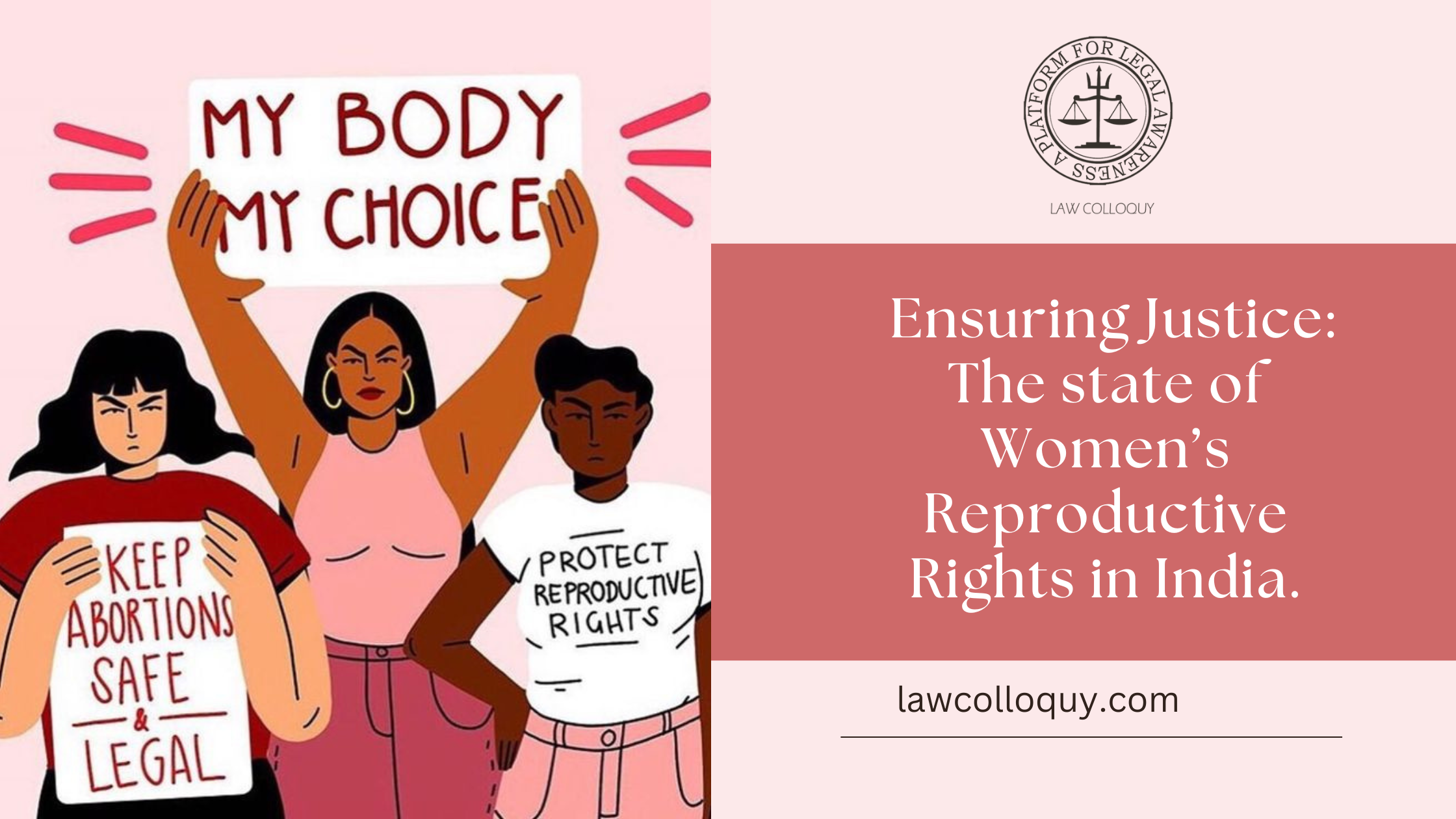

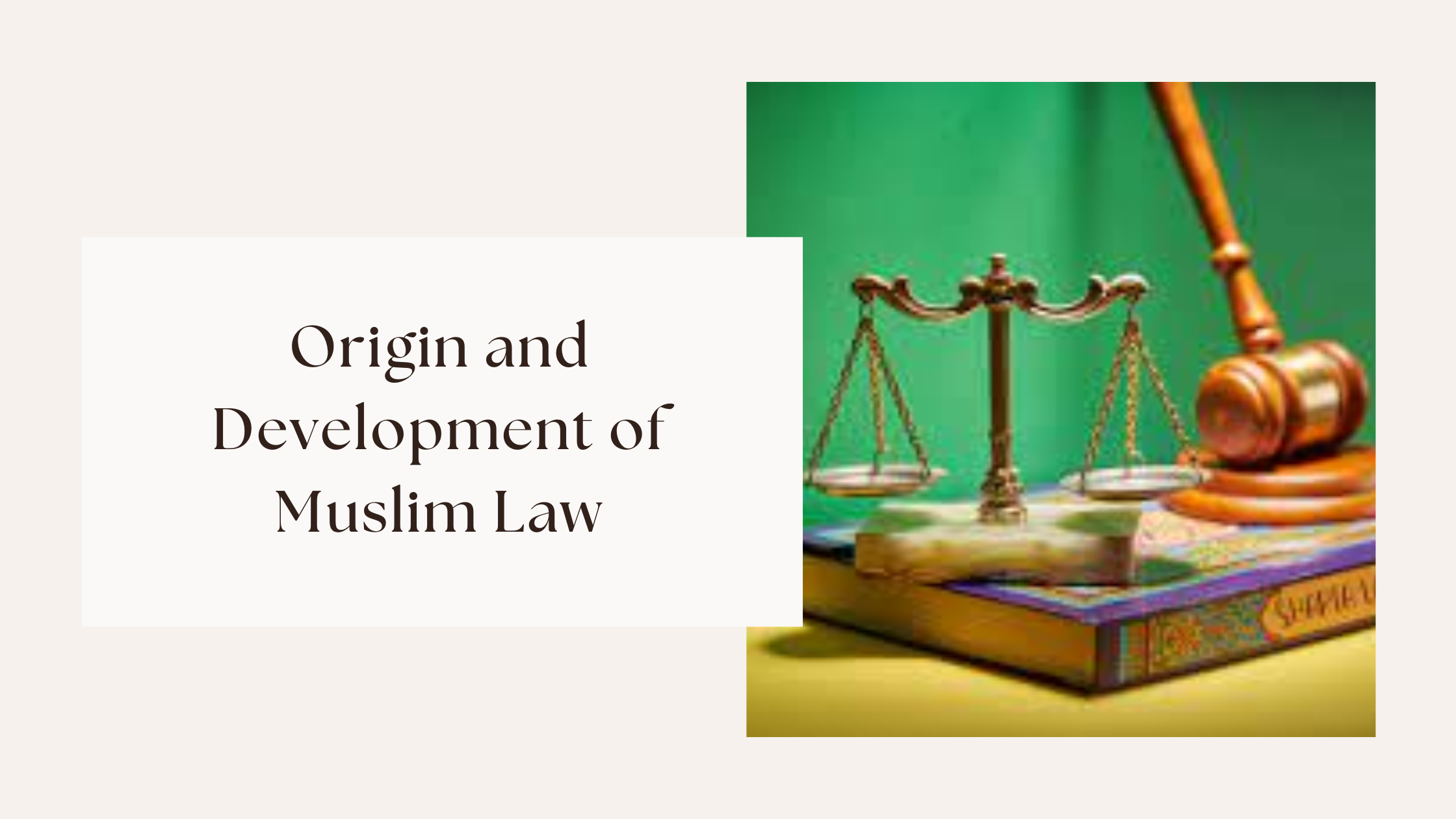
 An Overview.png)

.png)
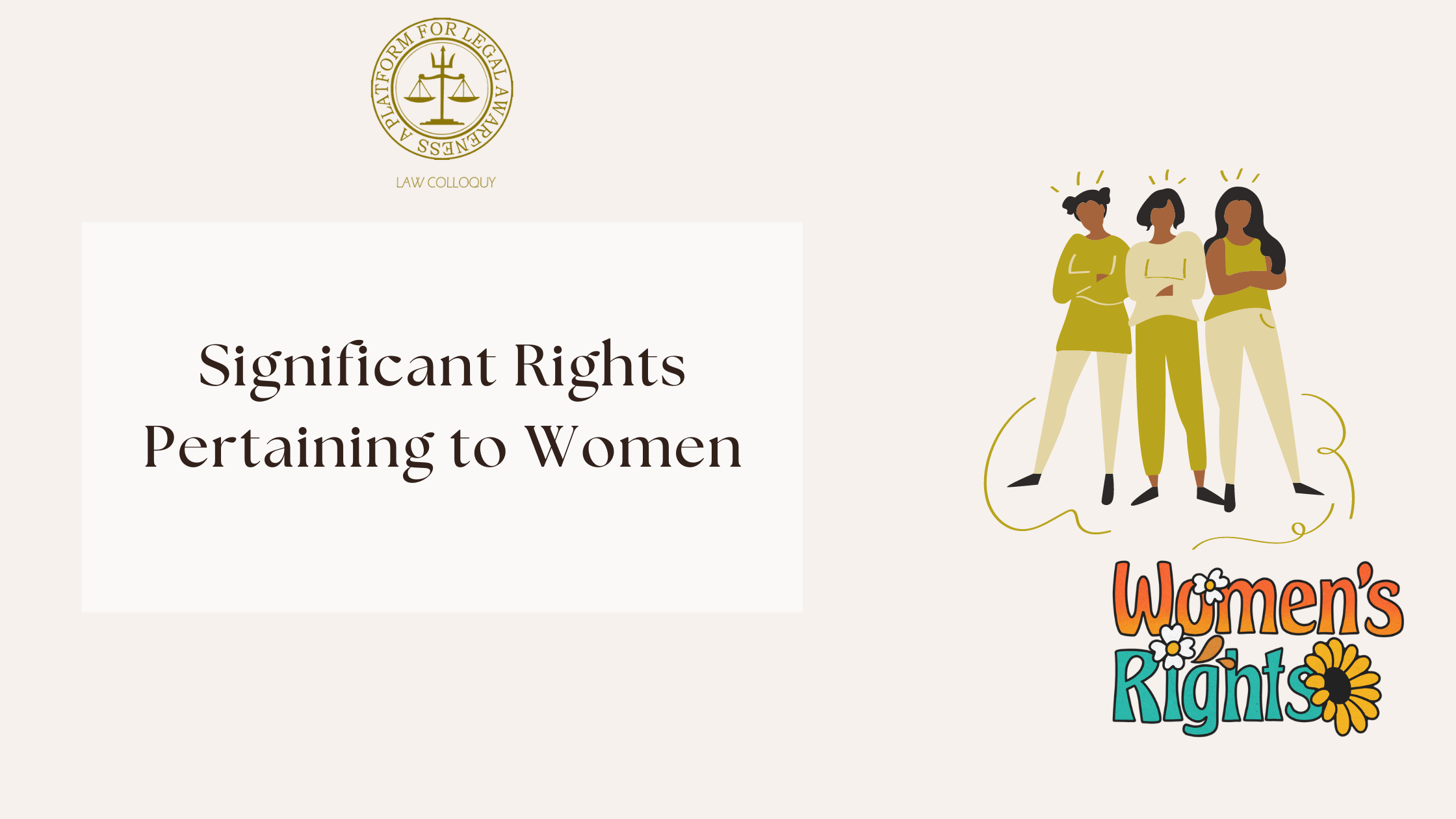

.png)

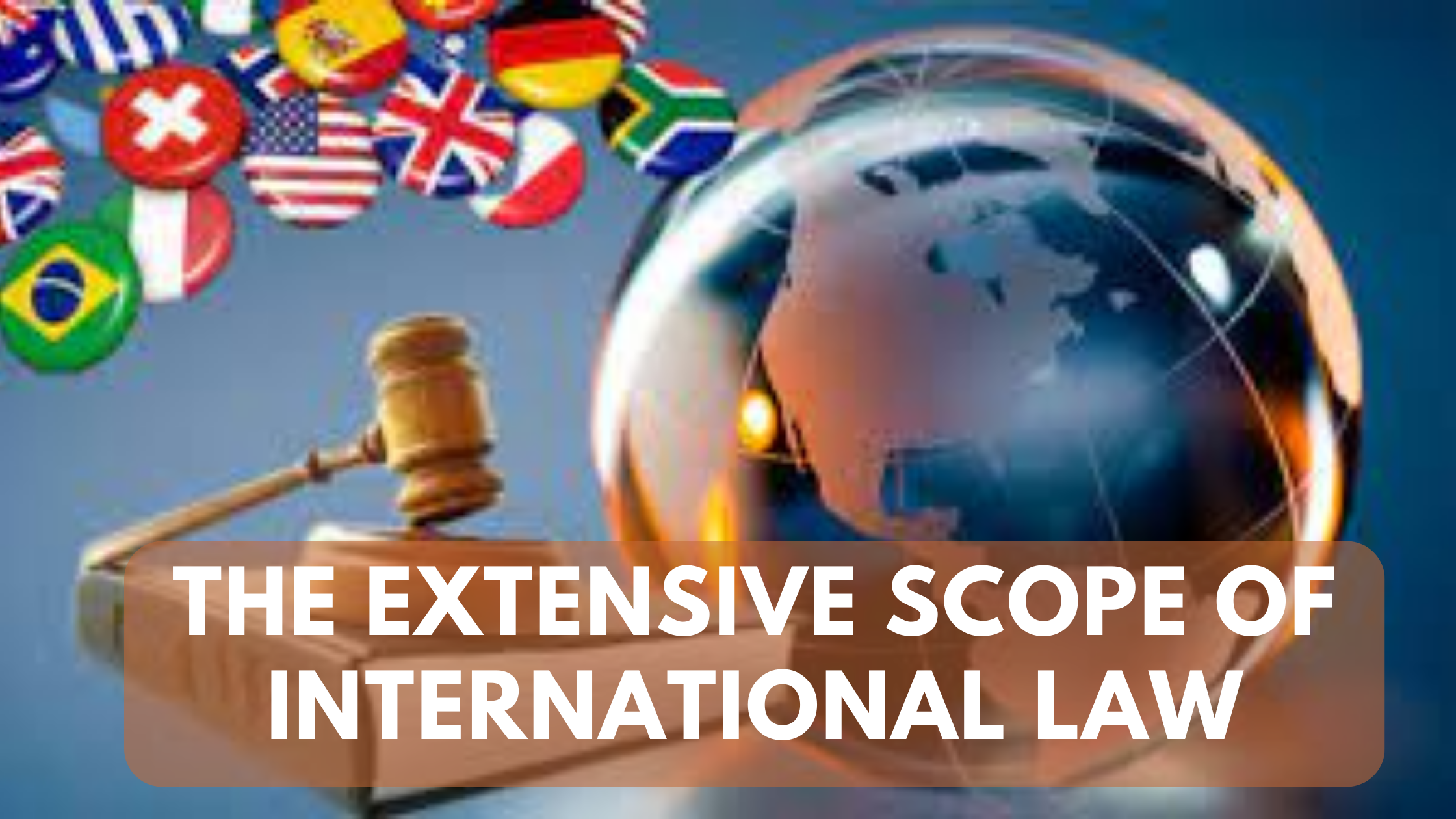
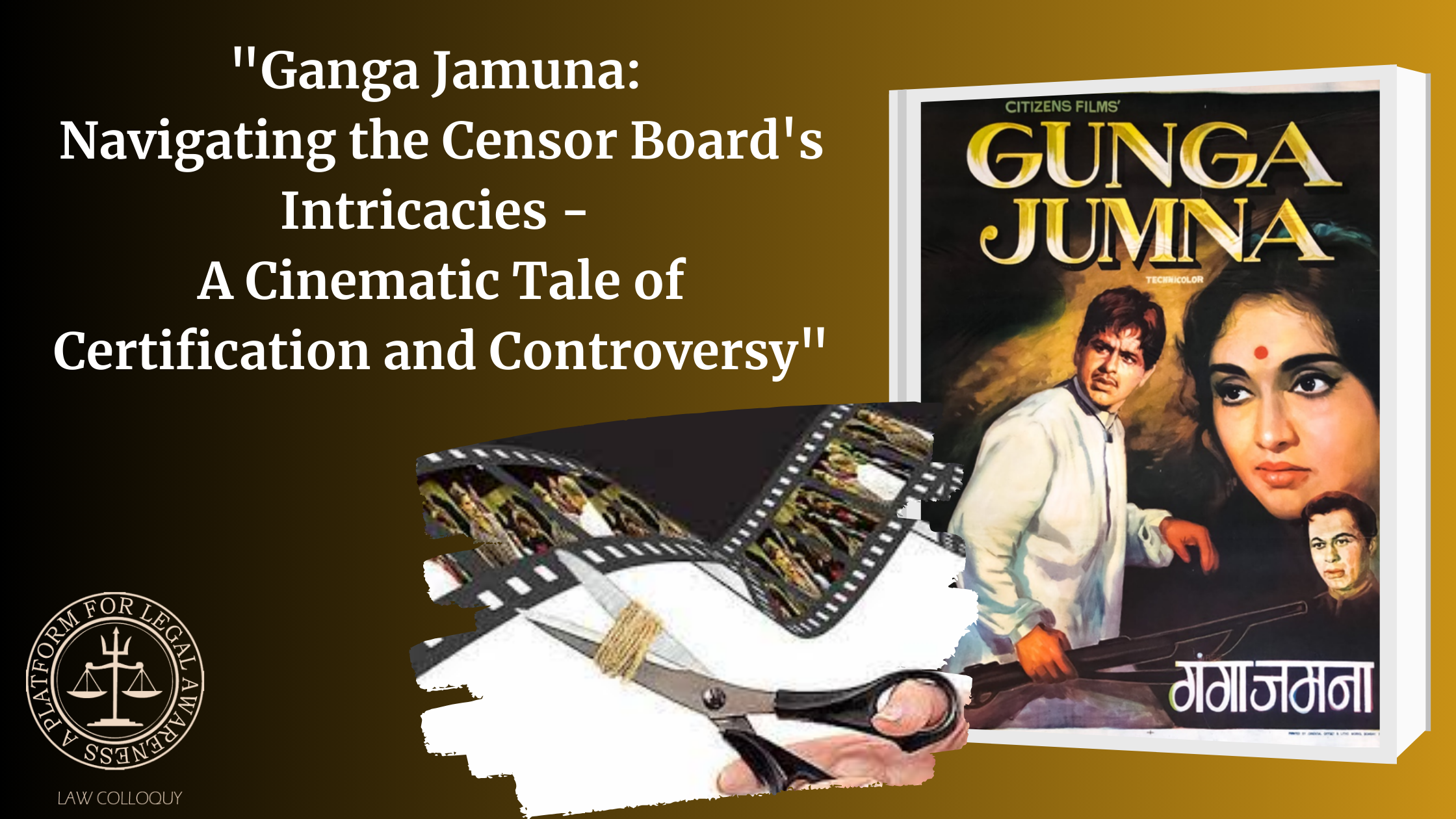
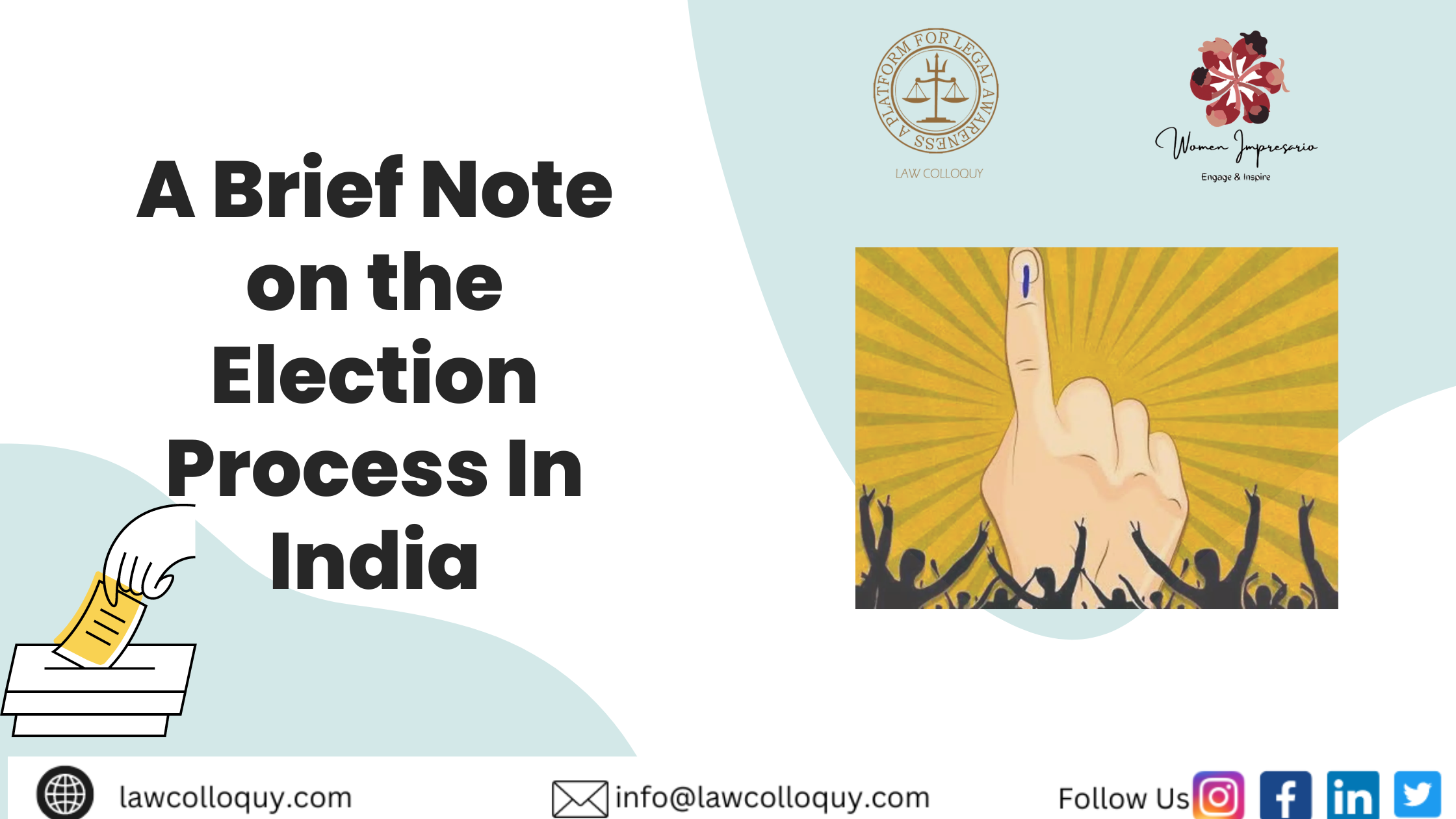






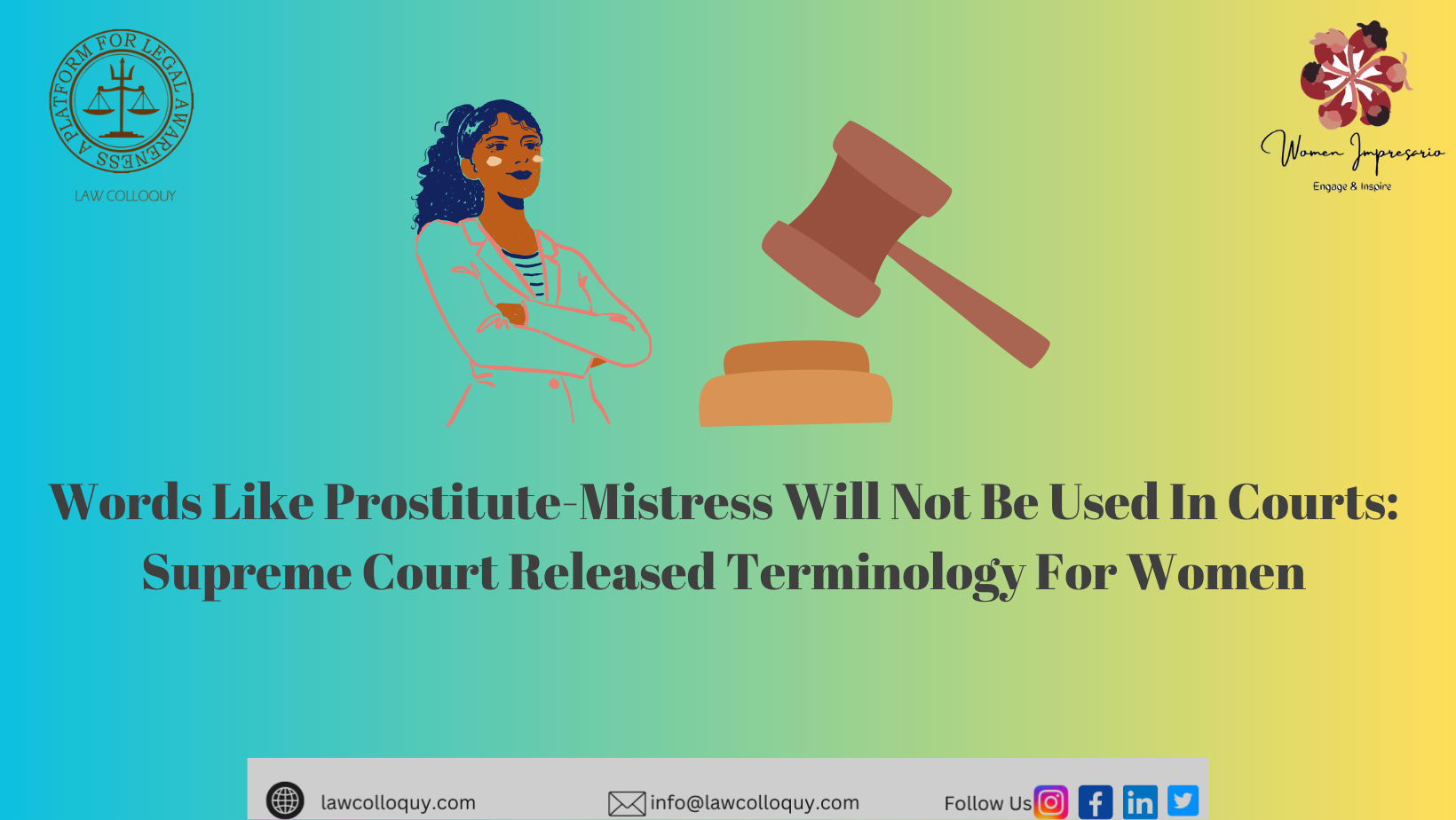


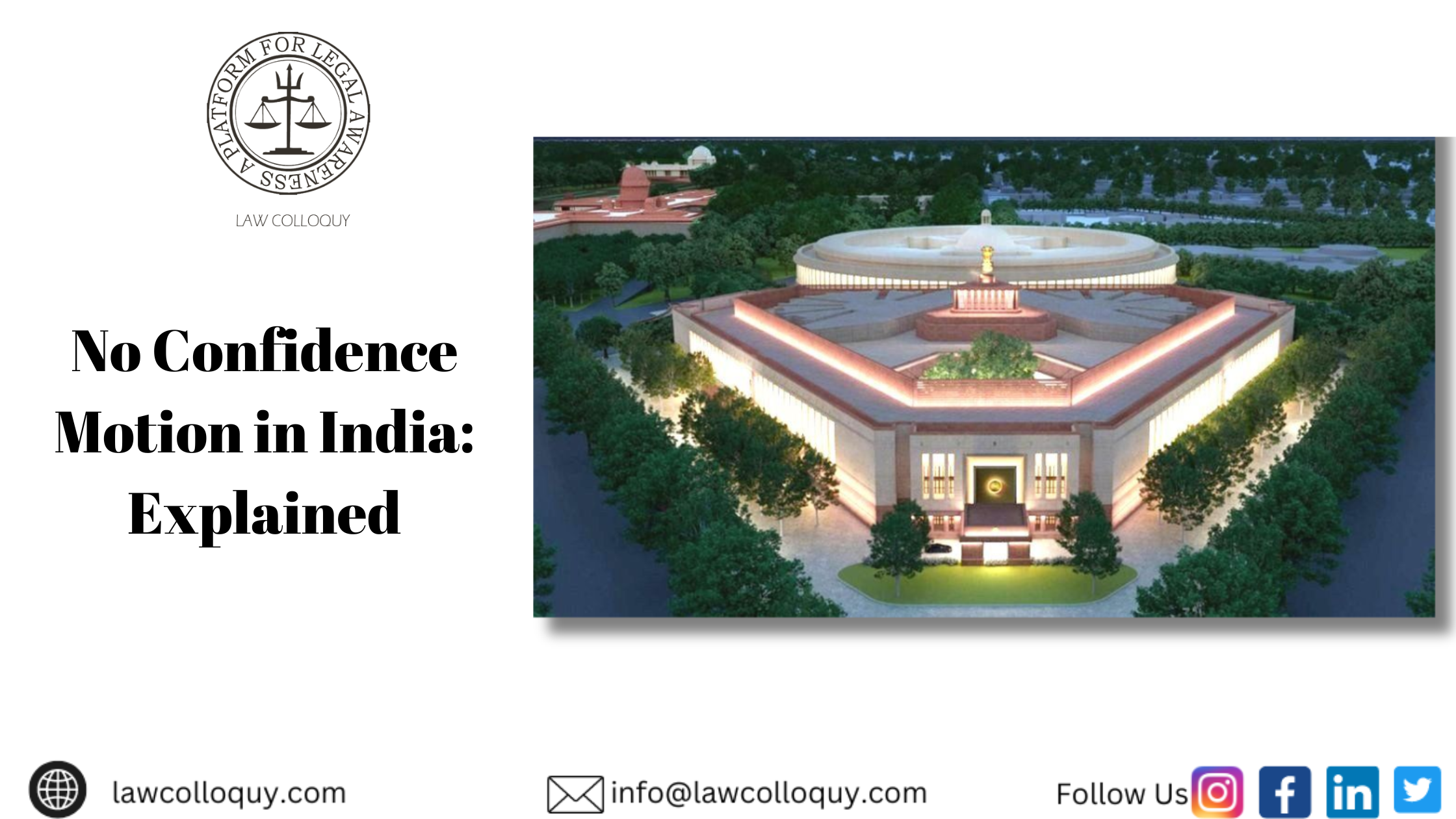
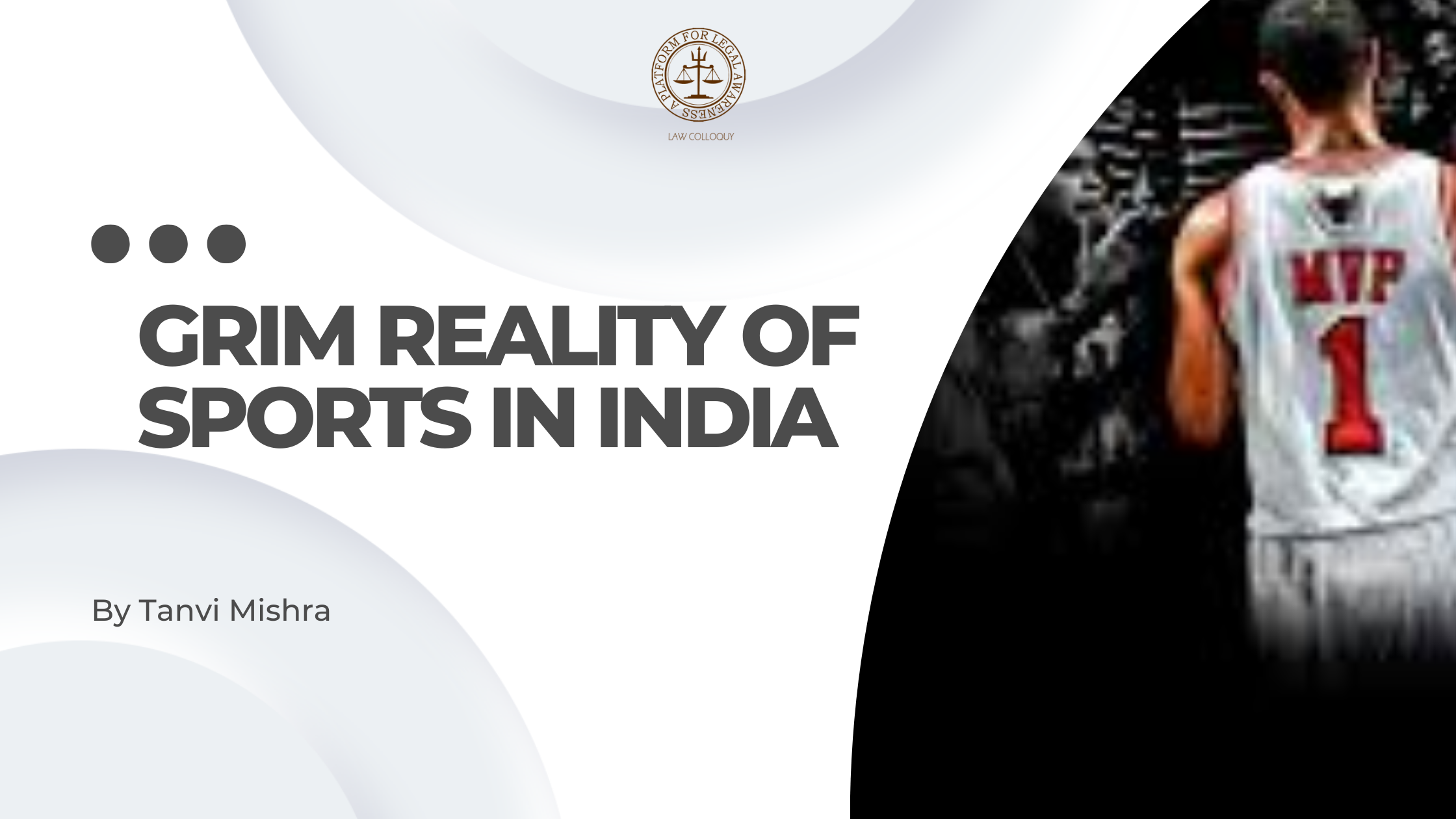
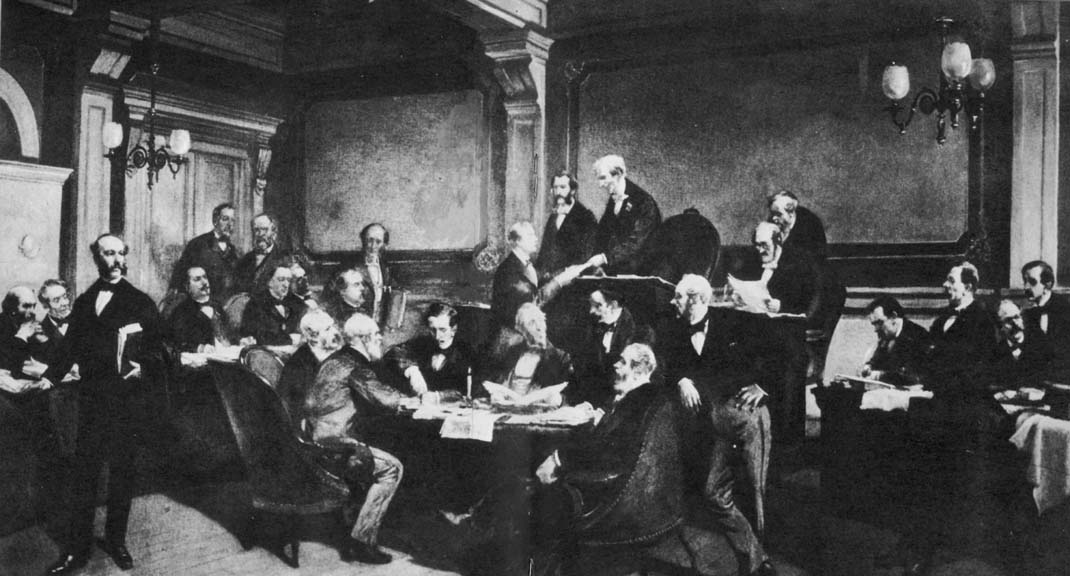

 OF THE CONSTITUTION OF INDIA AN ANALYSIS.png)
